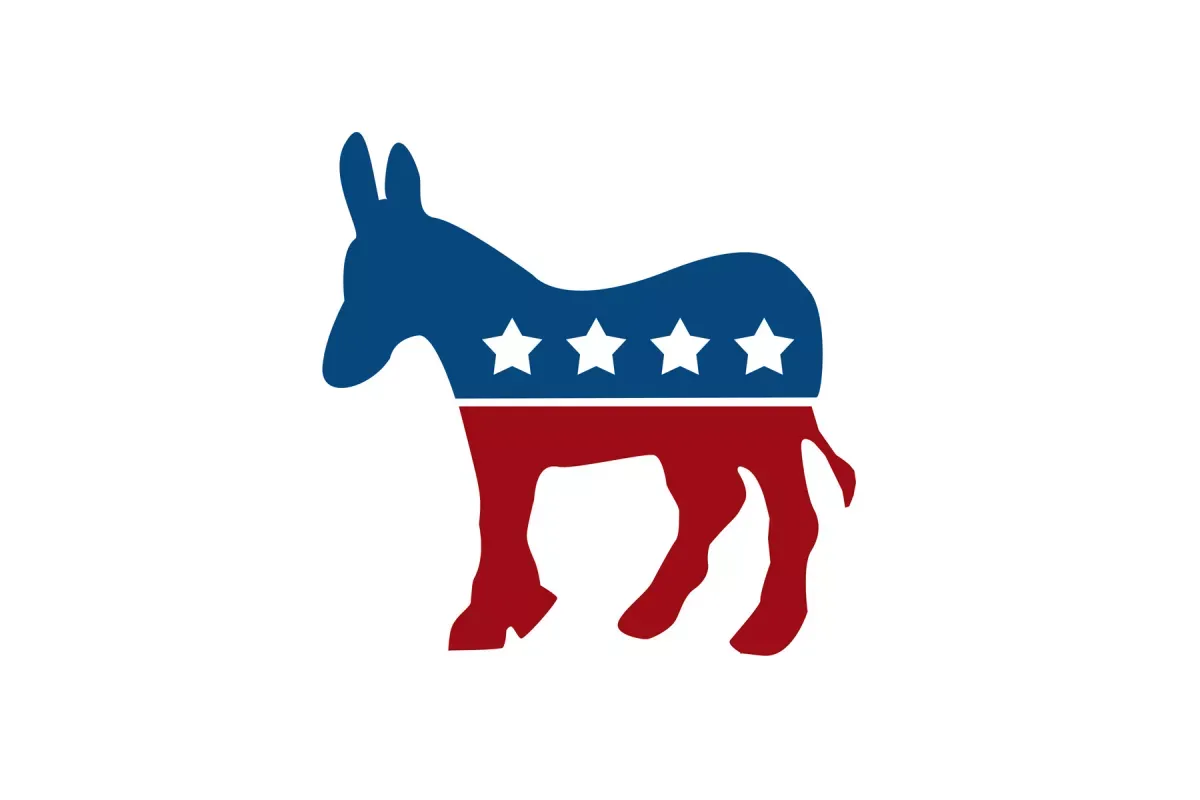This piece is published with the generous permission of John Della Volpe. To read more of his outstanding writing and analysis, visit JDVonGenZ+.
By John Della Volpe
The Backdrop
Monday morning, the Wall Street Journal published a survey and analysis suggesting that America’s youth were weakening the country because they were less religious, less likely to have children, and less patriotic than previous generations. Low “economic confidence” was offered as a primary cause of Gen Z’s disillusionment.
Surprisingly, there was no mention of gun violence, climate change, police brutality, the quality of public schools, the accessibility of higher education, or the loss of once-reliable personal freedoms. This piece is a classic case of getting the answers right but the questions and analysis wrong.
A few hours later, a 28-year-old shot their way into a church armed with three (2 AR-15s and one pistol) of the seven firearms they owned, ending the lives of three nine-year-olds plus three adults. It was the 19th school shooting this year and the latest example of the systematic dysfunction in our democracy leading to death that concerns so many young Americans.
This lack of perspective and empathy is more than unfortunate — it spins a false narrative that others strategically build upon to further our divides. Public and private sector leaders not well-versed in this are left with no useful information that furthers their relationships with a generation of voters, employees, customers, and students.
My Big Three Takeaways
For anyone questioning Gen Z’s commitment to America: DON’T.
They are the most civically-minded and engaged generation since the Greatest, and they work every day under duress to make their country the stronger, more just, inclusive and moral leader they know it can be.
#1: Uncommonly United By Fear
Even generation, of course, is unique. The seminal events that shaped their childhood and adolescent years bind people together and create values that last a lifetime. Sometimes those connections are strong; sometimes, they’re weak. Zoomers, the generation of young people in their early teenage years through their mid-20s, are uncommonly united. This often comes as a shock to their Gen X parents, who famously lacked the robust generational ties of other generations.
Sadly though, one of the predominant characteristics uniting Gen Z is fear. Whether you live in a big city or small town, attend an elite university, or labor in the local Amazon warehouse — Gen Z feels connected through persistent anxiety, helplessness, and fear. It was best explained to me by Katie, a college student from southern Illinois, when I asked her in a focus group almost six years ago, “What unites us as Americans?”
“Fear unites us,” she said. And before I could even follow up with “Fear of what?” she continued:
Let’s see, fear of death.
Fear of our rights being infringed upon.
Fear of the future for our kids.
Fear for our family.
Fear for our health.
She was prescient. I think about our conversation often. I thought about it a lot after the Dobbs decision last summer and after every mass shooting. We quantified her feelings in the latest edition of the Harvard Youth Poll. We found 41% of young adults under 30 have persistent feelings that something awful might happen — and among that group, concerns about gun violence and mass shootings outflank everything else.
Next time you see a young person, ask them why they question American exceptionalism. Ask how gun violence affects them. Their answers will likely shock anyone who grew up in the pre-Columbine era.
#2: It’s Not The Medium; It’s The Message
For good reason, there’s an intensifying concern across the country (and across the planet) about the detrimental impact social media apps like TikTok, Instagram, Twitter, and Facebook have on youth. Utah Governor Spencer Cox recently signed legislation limiting teens’ use of social media. Data I’ve collected from Harvard and SocialSphere point to the correlations between negative mental health consequences and time spent on social apps.
Consider, however, that we spend most of our time talking about the medium — and not nearly enough about the message younger Americans receive from the technology. Not recognizing the sweeping and far-reaching role current events play in shaping the attitudes of young Americans whose brains are not yet fully matured does a grave disservice to all of us, especially our most vulnerable.
Let’s not forget, while navigating personal relationships, body issues, FOMO, and other teenage troubles — a hefty dose of what youth see on social media is the chaos in the country. Photos like the one in my tweet above about frightened young people escaping gun violence; videos of unarmed Black men murdered by police; raging forest fires and floods; and innocent members of the LGBTQ community taunted and bullied in public forums and cable TV. These are the images young people see most every day — these are among the reasons they question the state of our country and whether they want to have large families and introduce more innocents into trauma.
#3: Record Levels Of Civic Participation
To me, it’s simple. If young people weren’t patriotic, why would they vote at twice the level in midterm elections than their parents and grandparents when they were young? And in 2020, why would they cast ballots at record numbers during a pandemic for a candidate most did not support and disapproved of in the primary held six months earlier?
Zoomers are a primary reason Democrats control the U.S. Senate today and the White House and nearly held control of the U.S. House against all odds. In the 2020 and 2022 elections, Republicans won the vote of Americans aged 45 and older handily. The historical turnout and voting for their values (protecting personal freedoms like reproductive health, being safe from gun violence, clean air and water, etc.) was the difference in the last two closely contested elections.
As David Hogg told me last summer, Gen Z wants to “raise hell and raise money,” — which translates to winning elections. As evidenced by support for Joe Biden in 2020 and House and Senate Democrats in 2022, Zoomers are not about to let the perfect be the enemy of the good.
The Bottom Line
Reporting data on the fading sense of patriotism and American exceptionalism is essential — and precisely what researchers and journalists should report on. But, seasoned analysts who blame a lack of economic confidence and suggest “people are just sort of down” without confronting the America that we are leaving our children is a manipulation of reality. Rote responses and lack of curiosity about youth does nothing to advance solutions to the systematic challenges we face in our democracy — and it does not create positive and productive relationships in our workplaces.





